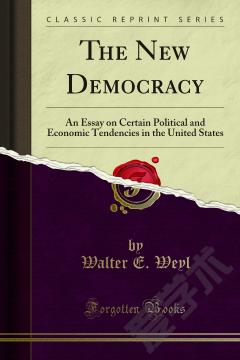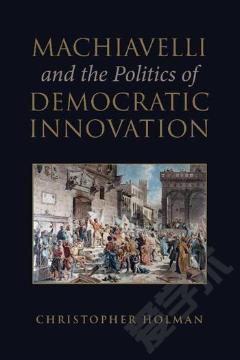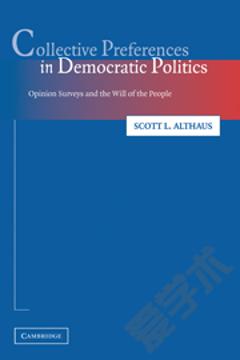Politics and Process: New Essays in Democratic Thought
Much of the most interesting and controversial work in analyzing democratic institutions over the recent past has its intellectual origins in public choice economics. The political arena provides the analytical framework for the study of human behaviour in markets, and the currency in votes and party competition is a primary mechanism for the implementation of public policy. This book explores the strengths and weaknesses of democratic institutions in a series of essays representing a variety of disciplinary perspectives, which compare the merits of the democratic market with those of more conventional markets. Ultimately, the public choice analysis in these studies leads to a deep-seated political skepticism which must confront the customary unquestioning enthusiasm for democracy. This challenge to its enthusiasts should provoke a more profound understanding of democracy's purposes and, in general, a more refined form of political theorizing.
{{comment.content}}








 京公网安备 11010802027623号
京公网安备 11010802027623号